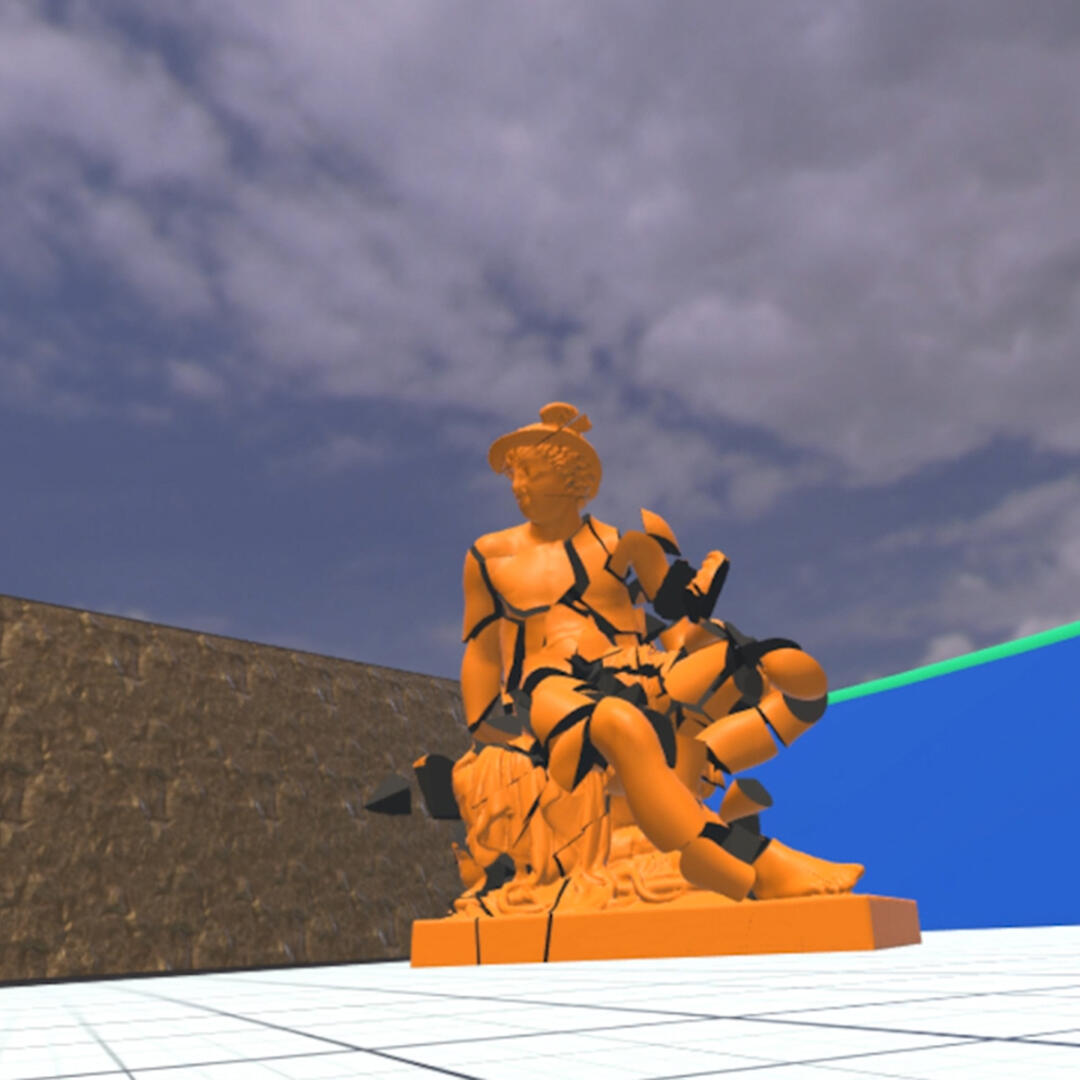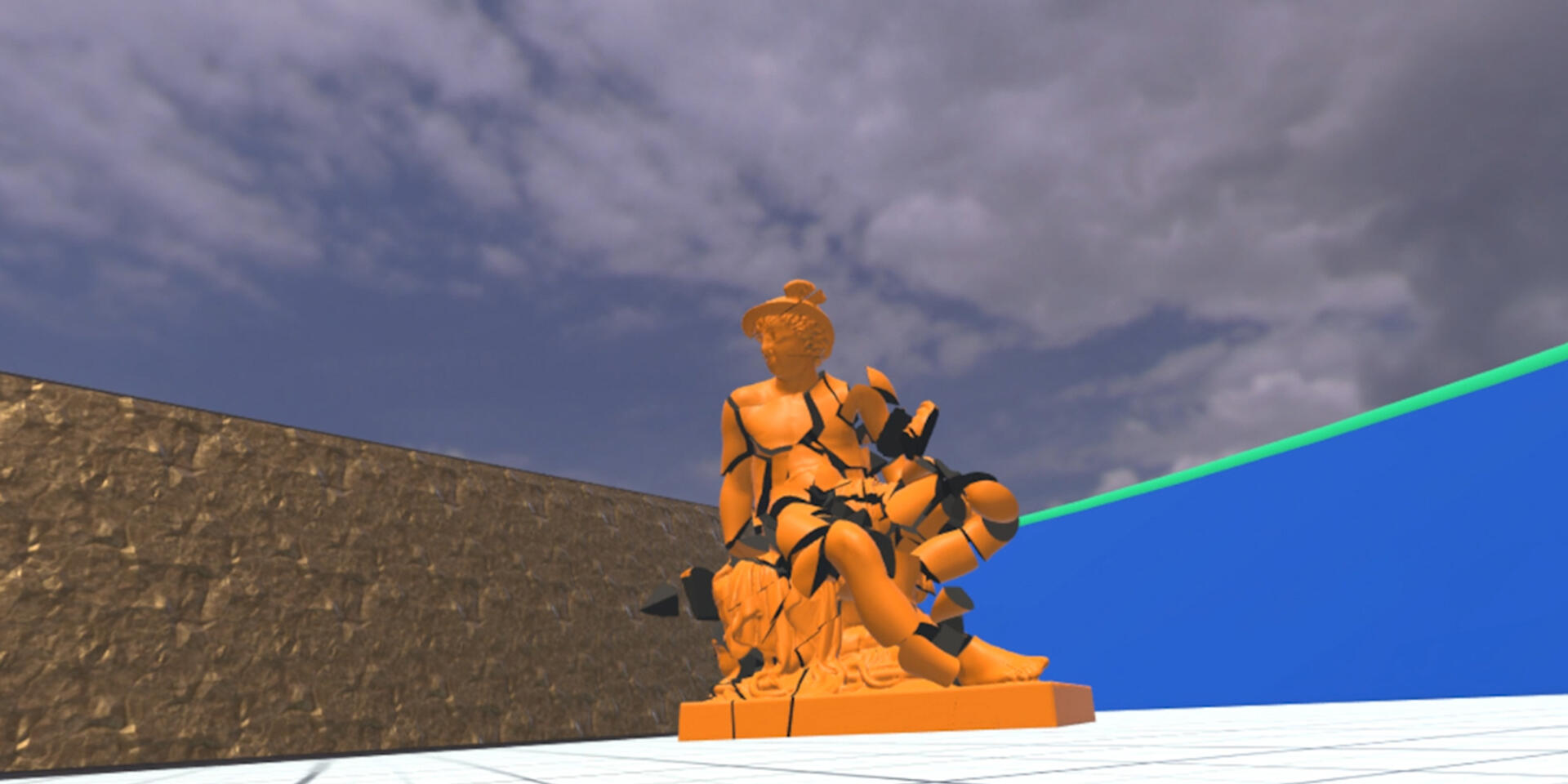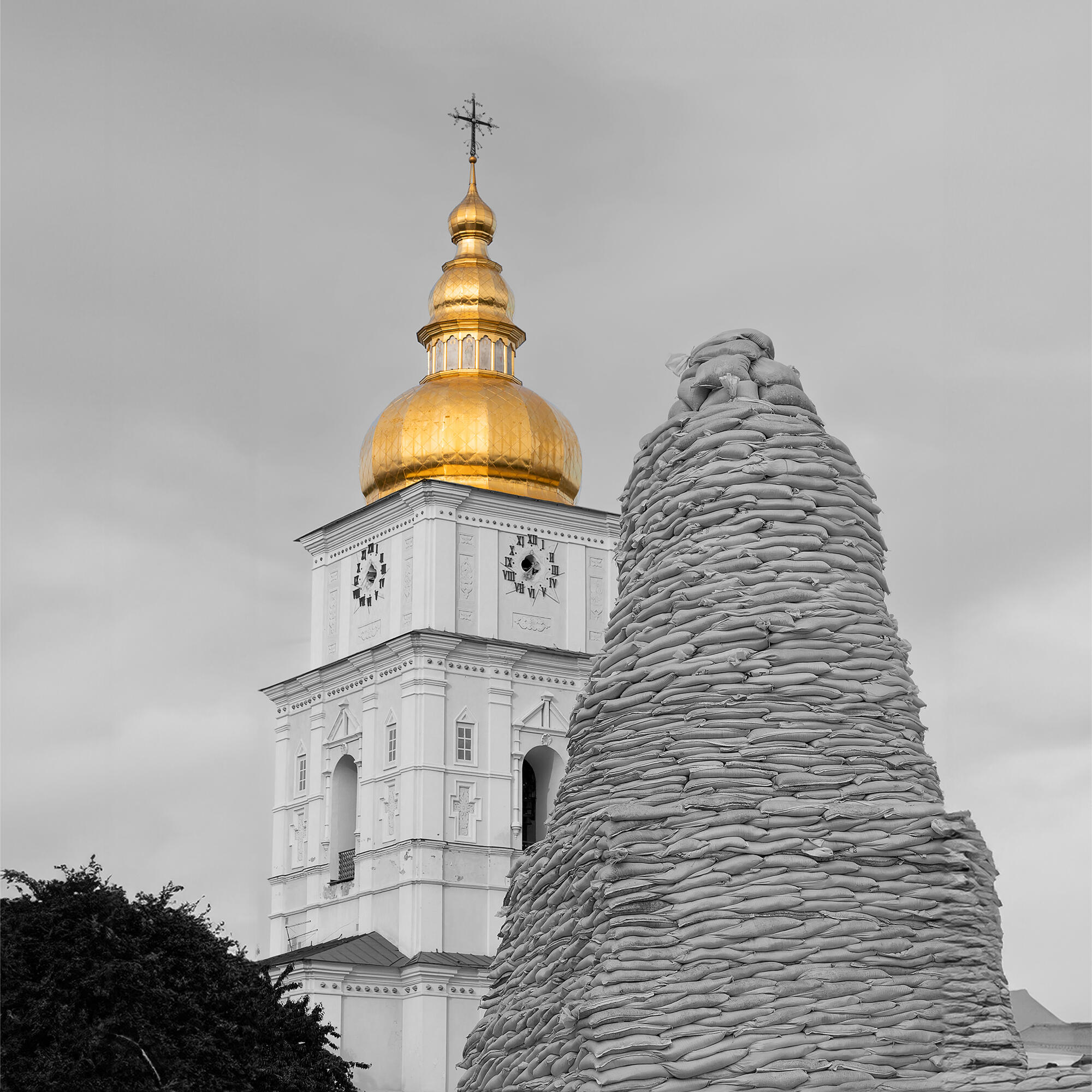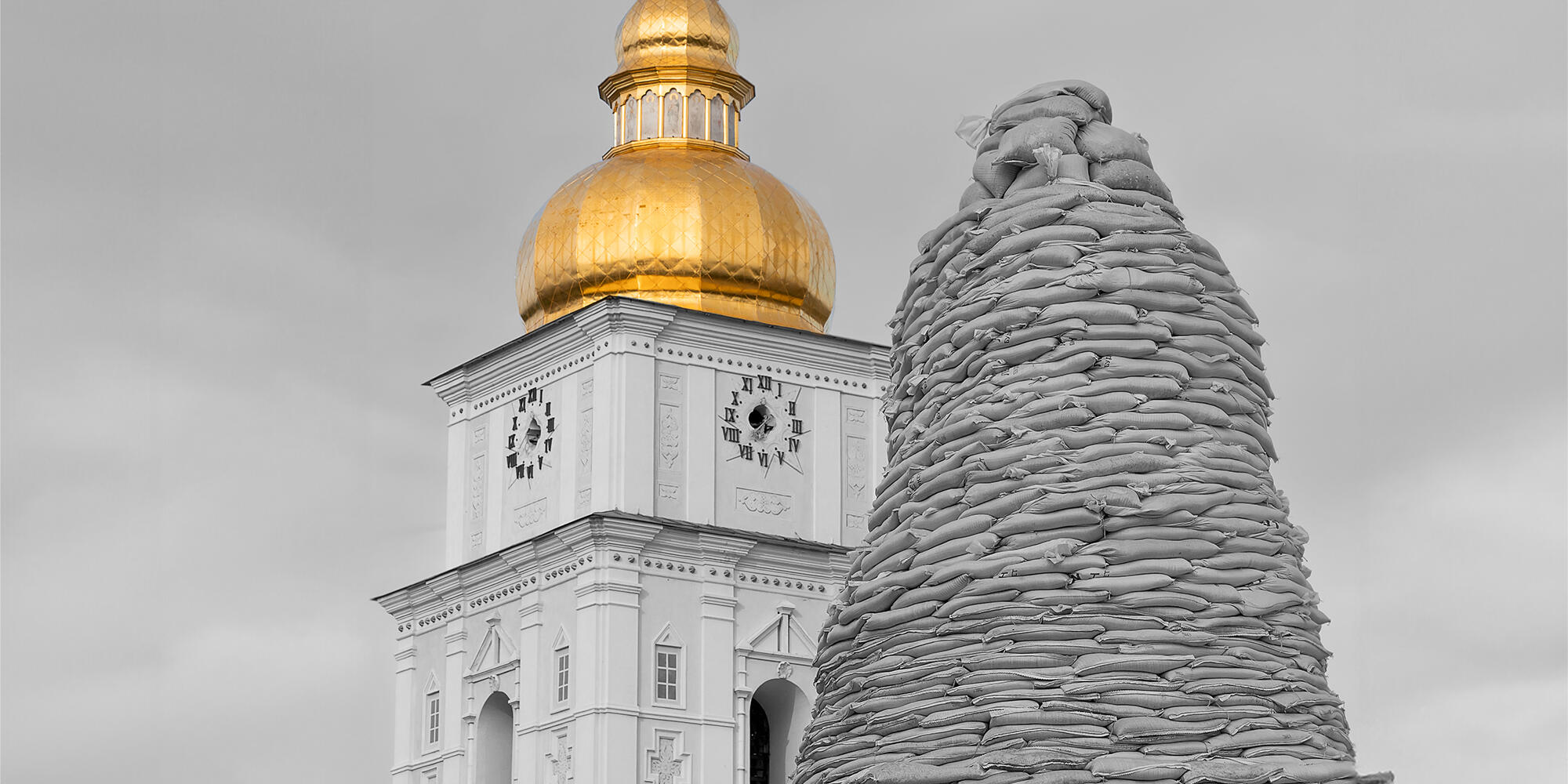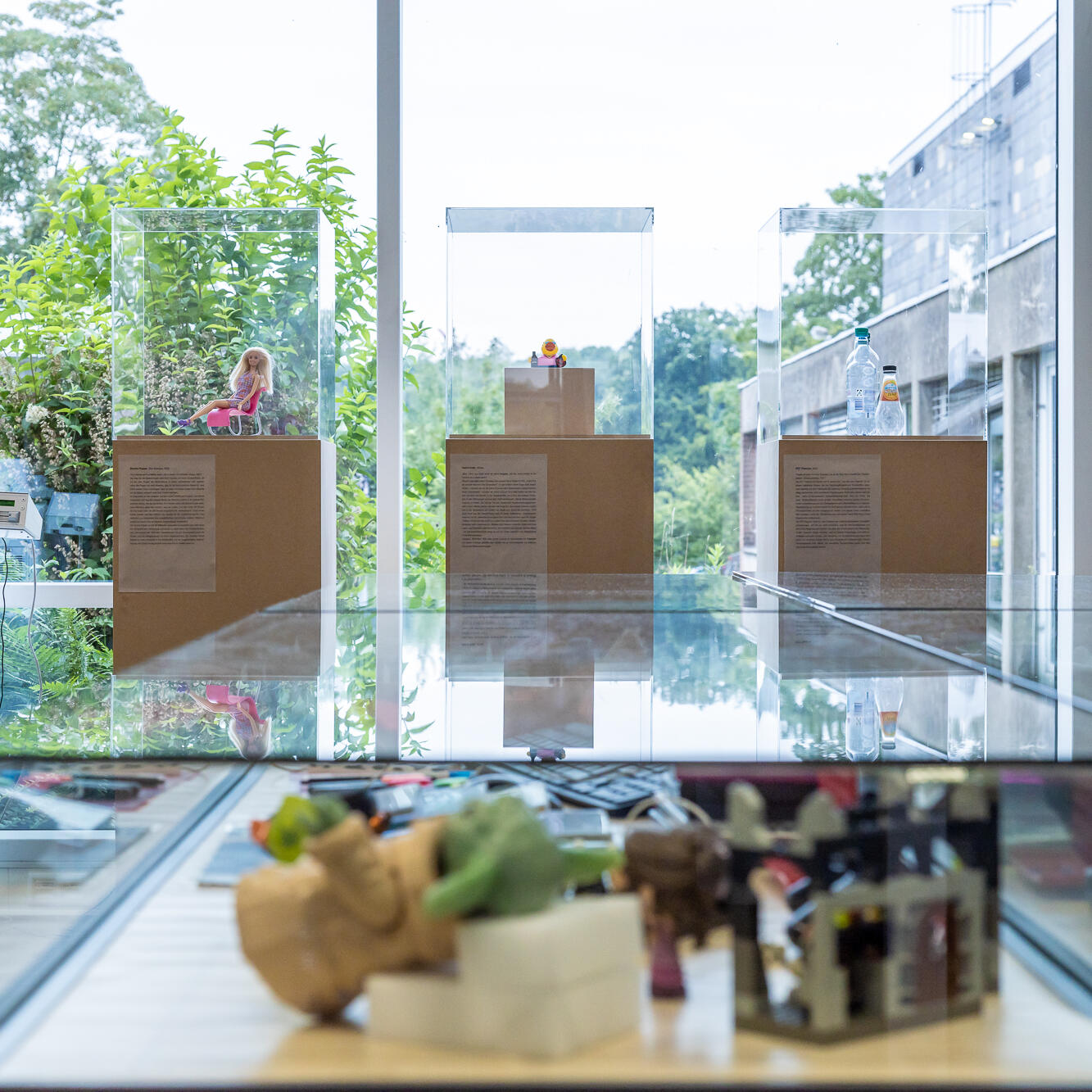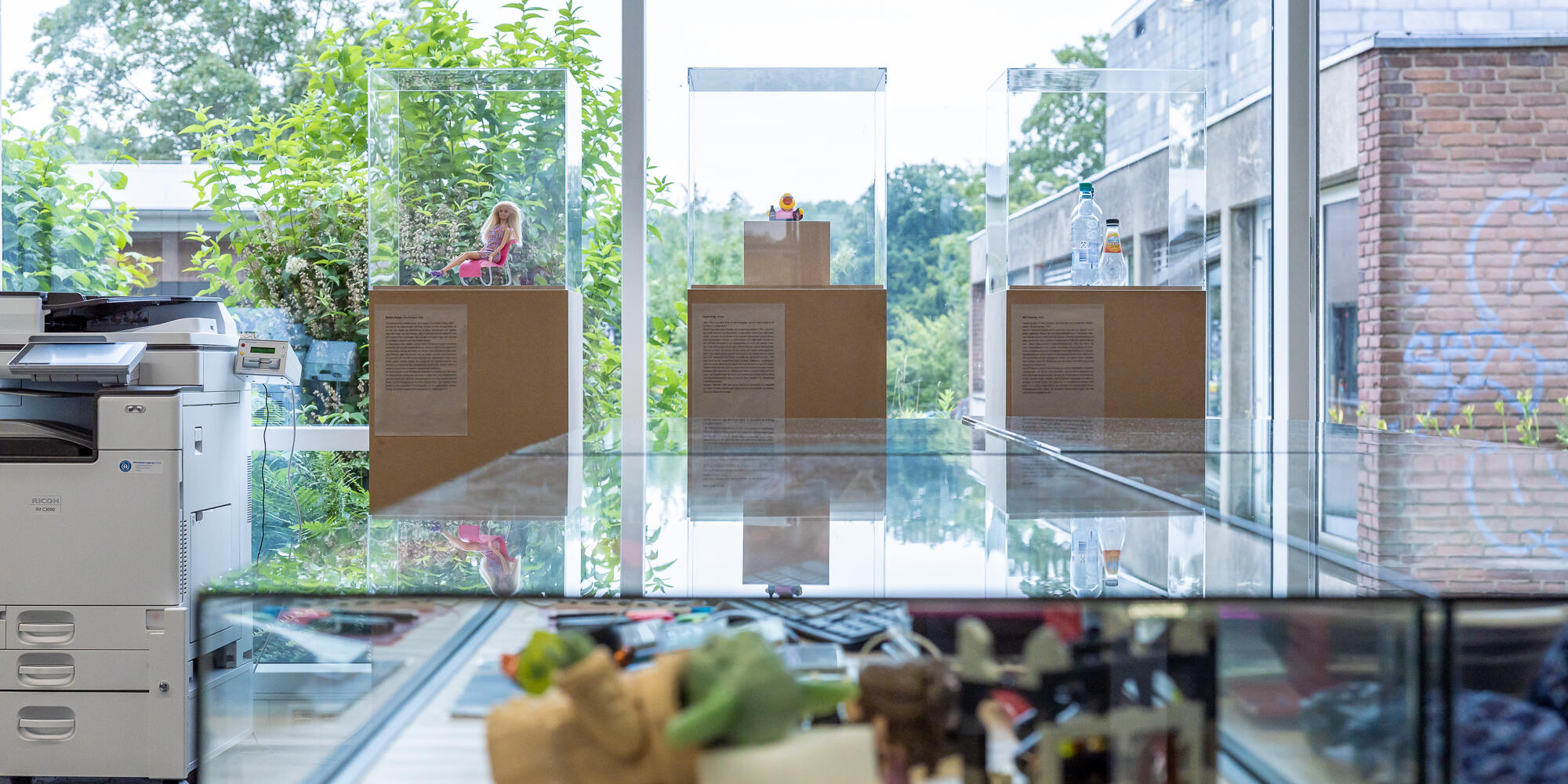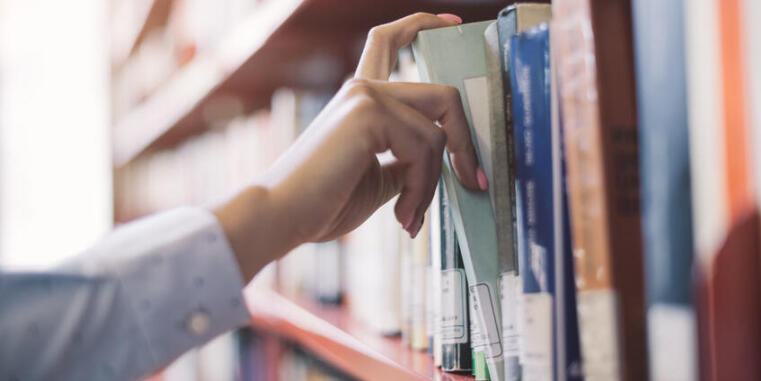
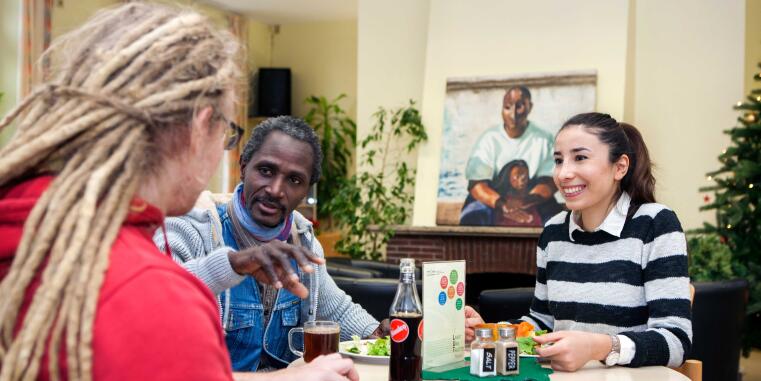


The digital transformation has fundamentally changed the possibilities and conditions of access to cultural goods — i.e. to works of art, but also to the holdings of archives, collections and museums and to such “subjects” as the results of scientific research — and will continue to require new forms and practices of production, reproduction and reception of such goods in the future.
The Centre for Advanced Study Access to Cultural Goods in Digital Change (KFG 33), funded by the Deutsche Forschungsgemeinschaft (DFG, German Research Foundation) explores — especially with art as an example — both the new forms of access to cultural goods and the new forms of access restriction and access control made possible by digitalisation. In doing so, it also takes into account the fact that the digital transformation ties the production and reception of many cultural goods to technological preconditions that can be characterised as second-order access conditions.
